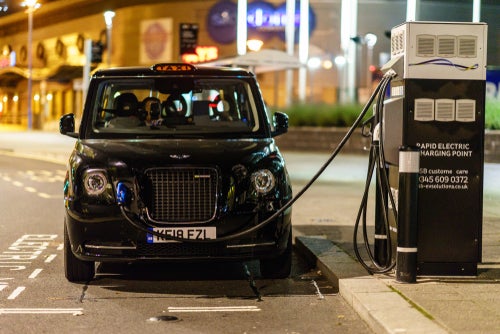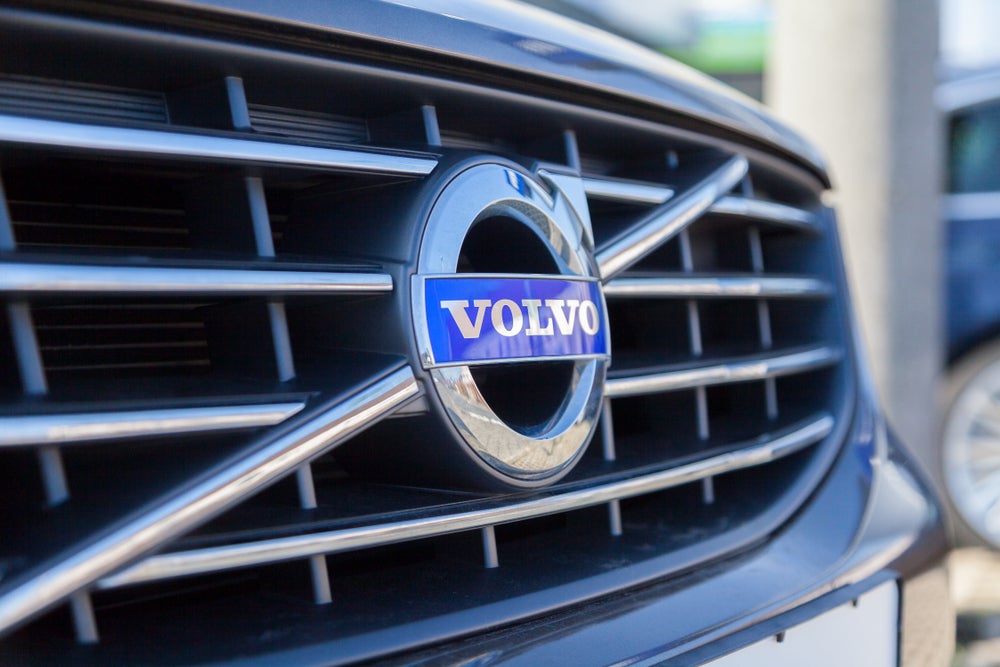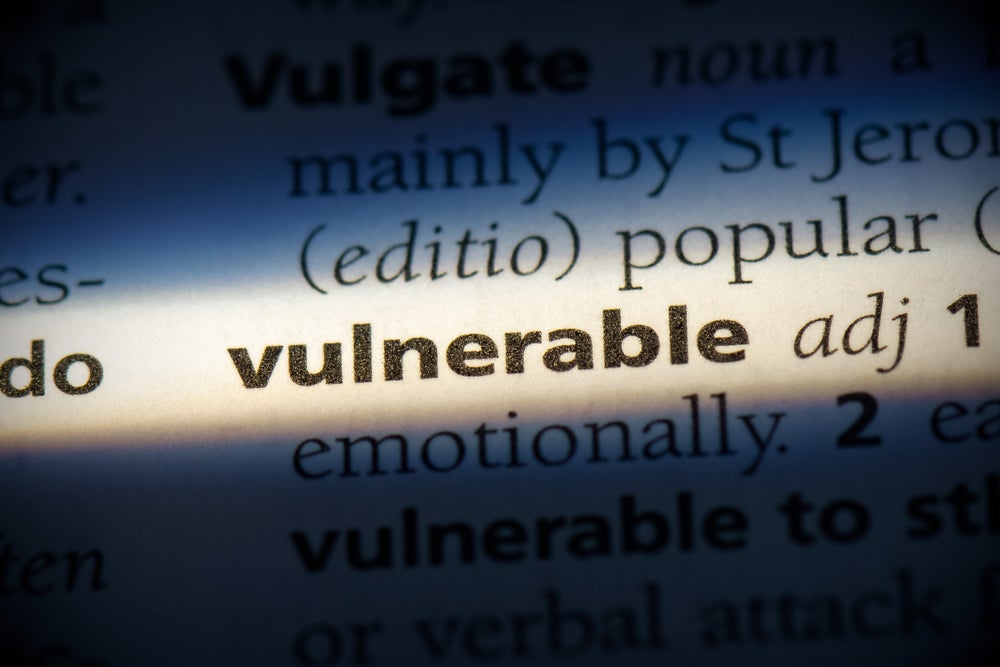
A number of taxi drivers have spoken of the inadequate support offered by asset finance firms when trying to meet the monthly payments for their electric cabs.
In a feature this morning on BBC 5Live, James Graham interviewed several drivers who were expected to pay “frightening” costs despite their incomes taking a tremendous hit due to COVID-19.
The focus of the feature was on LEVC – a leading manufacturer and retailer of electric commercial vehicles. The finance is handled by Black Horse of Lloyds Banking Group, who have a deal with LEVC.
Vehicles typically cost around £65,000 ($84,579) to buy, equating to payments of around £900 per month.
With COVID-19 decimating much of their regular business, taxi drivers all over the country now risk losing their vehicles despite encouragement from the government to purchase them in the face of incoming decarbonisation legislation.
In London, new drivers are only able to obtain their license if they have an electric model.
How well do you really know your competitors?
Access the most comprehensive Company Profiles on the market, powered by GlobalData. Save hours of research. Gain competitive edge.

Thank you!
Your download email will arrive shortly
Not ready to buy yet? Download a free sample
We are confident about the unique quality of our Company Profiles. However, we want you to make the most beneficial decision for your business, so we offer a free sample that you can download by submitting the below form
By GlobalData“They’re not listening”
Black Horse was offering drivers a six-month payment freeze until the end of October, however there was additional £100 monthly interest charge for each of these months. The lender has reportedly agreed to consider reduced payments after October but these will be classed as an arrears month and will impact the individuals credit rating. As sole traders, a poor credit rating will be detrimental to their ability to do business.
Whilst the FCA has offered some guidance, Graham highlighted: “You hear reassuring words coming from the FCA about lenders arranging affordable repayment plans and payment freezes, but they aren’t bound by it because these are business loans”.
With second-wave restrictions increasing, there is a widespread view amongst drivers that lenders are not showing sufficient understanding.
Manchester taxi driver, Sheikh Haroum was using Close Brothers to finance his vehicle. He was offered a three-month price freeze followed by three months of reduced payments. Now he is expected to pay full price.
Earning around £35 for nine hours’ work, Haroum told the BBC: “The threat is that they will take my cab. They’re not helping at all. They’re not listening.”
Close Brothers Asset Finance state they have implemented several measures “specifically designed to help existing customers whose turnover has dropped…We called everyone who needed ongoing assistance, ensuring we provided a solution that was right for them”.
Despite this promise, the drivers still described the scenarios as impossible – “You’re constantly thinking about where the next penny is going to come from”.
Certain lenders, such as the Energy Savings Trust, was mentioned favourably as they offered a six-month payment freeze followed by a 50% reduction in monthly payments until March 2021, with no implications for the driver’s credit file.







